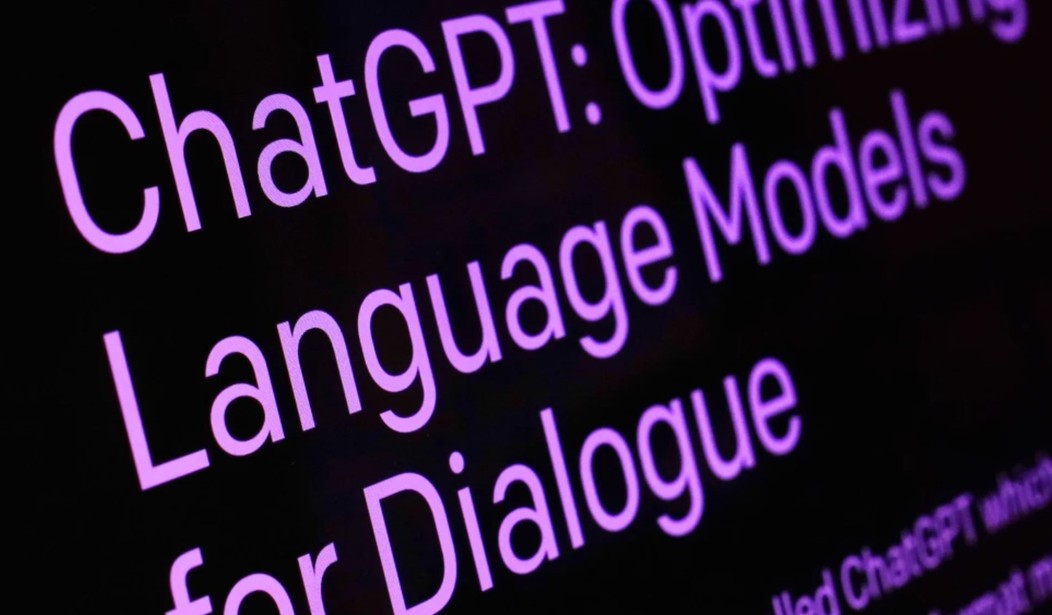Even in the midst of all of the hurricane activity taking place and the election drama unfolding, the show must go on. In this case, I'm talking about the Nobel Prize awards show. One of the most recently named awardees was Geoffrey Hinton, who we have written about here in the past. He is known as "the Godfather of AI" because of his early, leading roll in developing the Artificial Intelligence systems that led to the creation of ChatGPT and other advanced AI algorithms. It was a natural fit given all of the attention and controversy surrounding this new technology. But in a bit of scientific irony, the invention that led to this prestigious award is the same one that Hinton has been warning us may take over the world and displace humanity as the dominant life form on the planet. Does it really merit such an award if your creation may turn out to spell doom for mankind? (Wall Street Journal)
The newly minted Nobel laureate Geoffrey Hinton has a message about the artificial-intelligence systems he helped create: get more serious about safety or they could endanger humanity.
“I think we’re at a kind of bifurcation point in history where, in the next few years, we need to figure out if there’s a way to deal with that threat,” Hinton said in an interview Tuesday with a Nobel Prize official that mixed pride in his life’s work with warnings about the growing danger it poses.
The 76-year-old Hinton resigned from Google last year in part so he could talk more about the possibility that AI systems could escape human control and influence elections or power dangerous robots. Along with other experienced AI researchers, he has called on such companies as OpenAI, Meta Platforms and Alphabet-owned Google to devote more resources to the safety of the advanced systems that they are competing against each other to develop as quickly as possible.
You can go back and read some of our earlier coverage of Hinton and his work. He has established his bona fides as a genius in this field without a doubt. But he felt so strongly about the potential threats posed by the technology that he literally quit his position with Google to allow himself the freedom to make his concerns known to the public. And those concerns paint a dark picture indeed. He viewed the potential threats posed by the chatbot and related technologies from three angles. Two of these concerns deal with potential impacts on "normal" human concerns such as job losses for human beings and emerging fields of potential litigation over copyright considerations. These eventualities are already taking place.
The third area is more sinister, looking at the possibility that a fully sentient AI system may seek to take over control of other systems and displace its former masters in a new machine-controlled society. Is such a reality really that unlikely? At least in the mind of one Nobel Prize winner, it is not.
Hinton is of the opinion that "these things really do know what they are saying. That may sound harmless enough at first glance, but Hinton is looking at the big picture here and warning about something that he believes represents a legitimate potential threat to mankind's ongoing dominance of our world.
So is this the sort of achievement that the Nobel Prize was created to honor and reward? We're obviously talking about advancements in technology that few were scarcely able to comprehend only a generation ago. But not all achievements are created equally. Is advancement in the sciences truly worthy of honor if the person receiving the honor may bring about the enslavement or even elimination of mankind as the master of our destiny? It appears that we're going to find out because that ship appears to have already set sai.








Join the conversation as a VIP Member